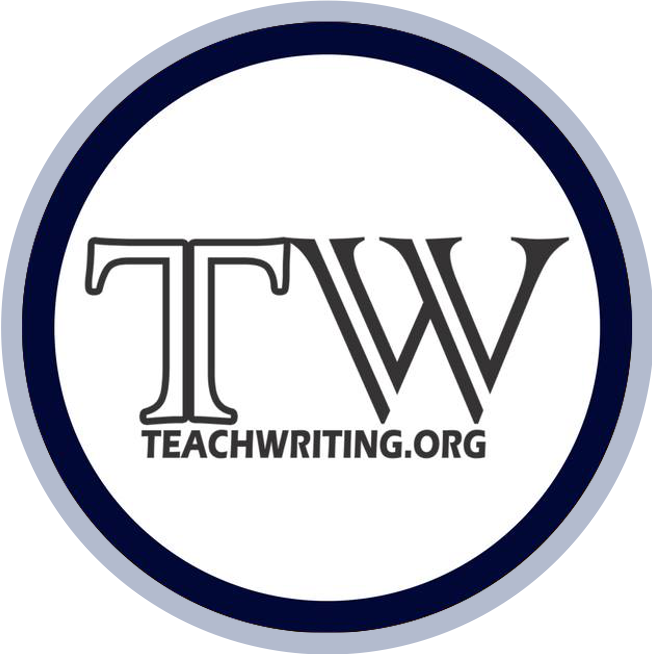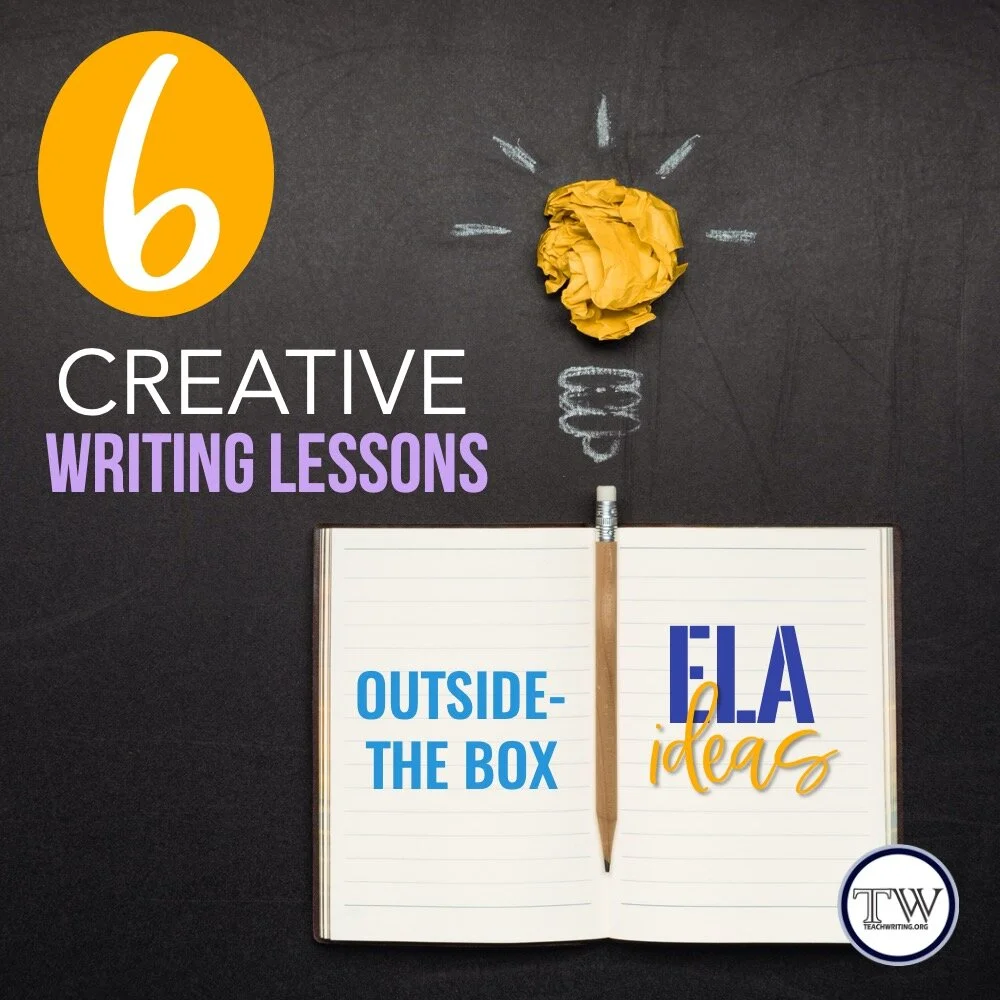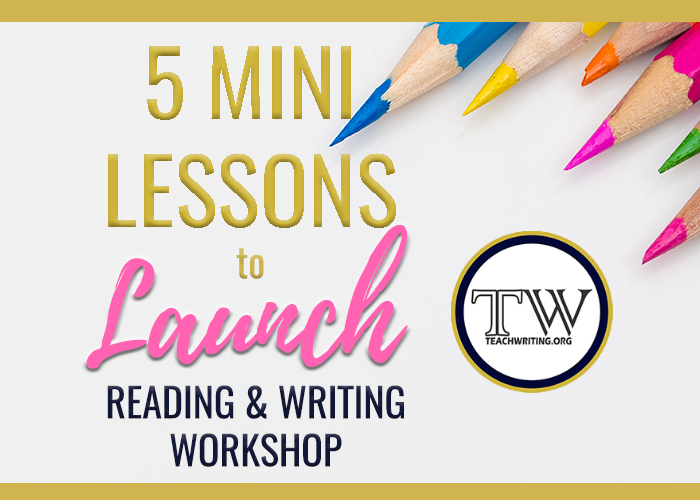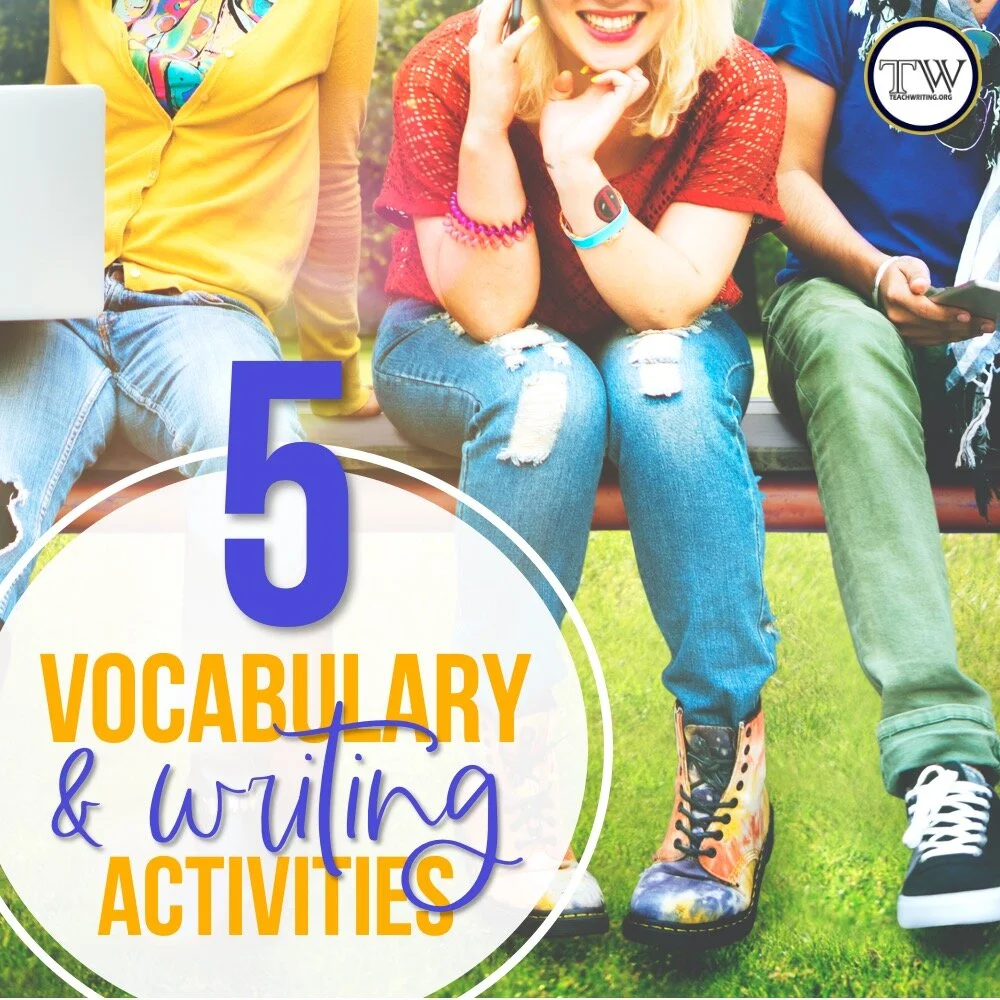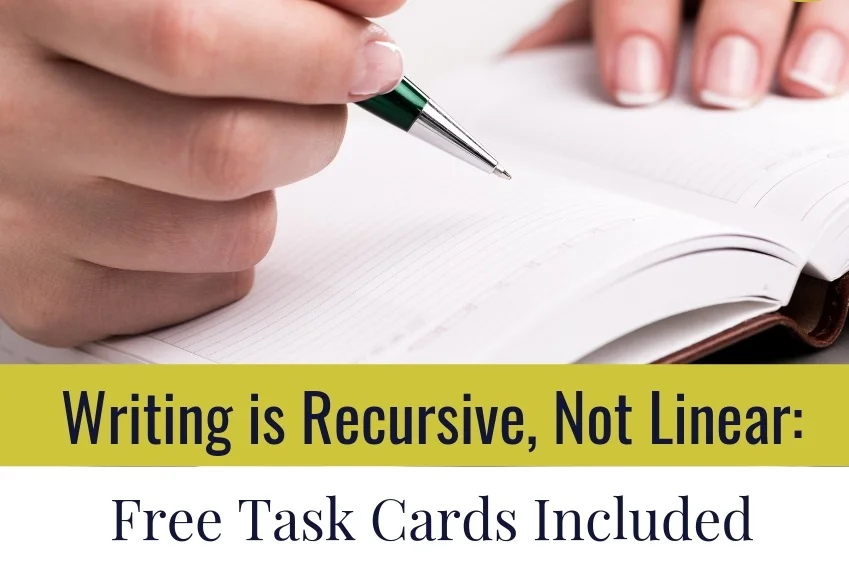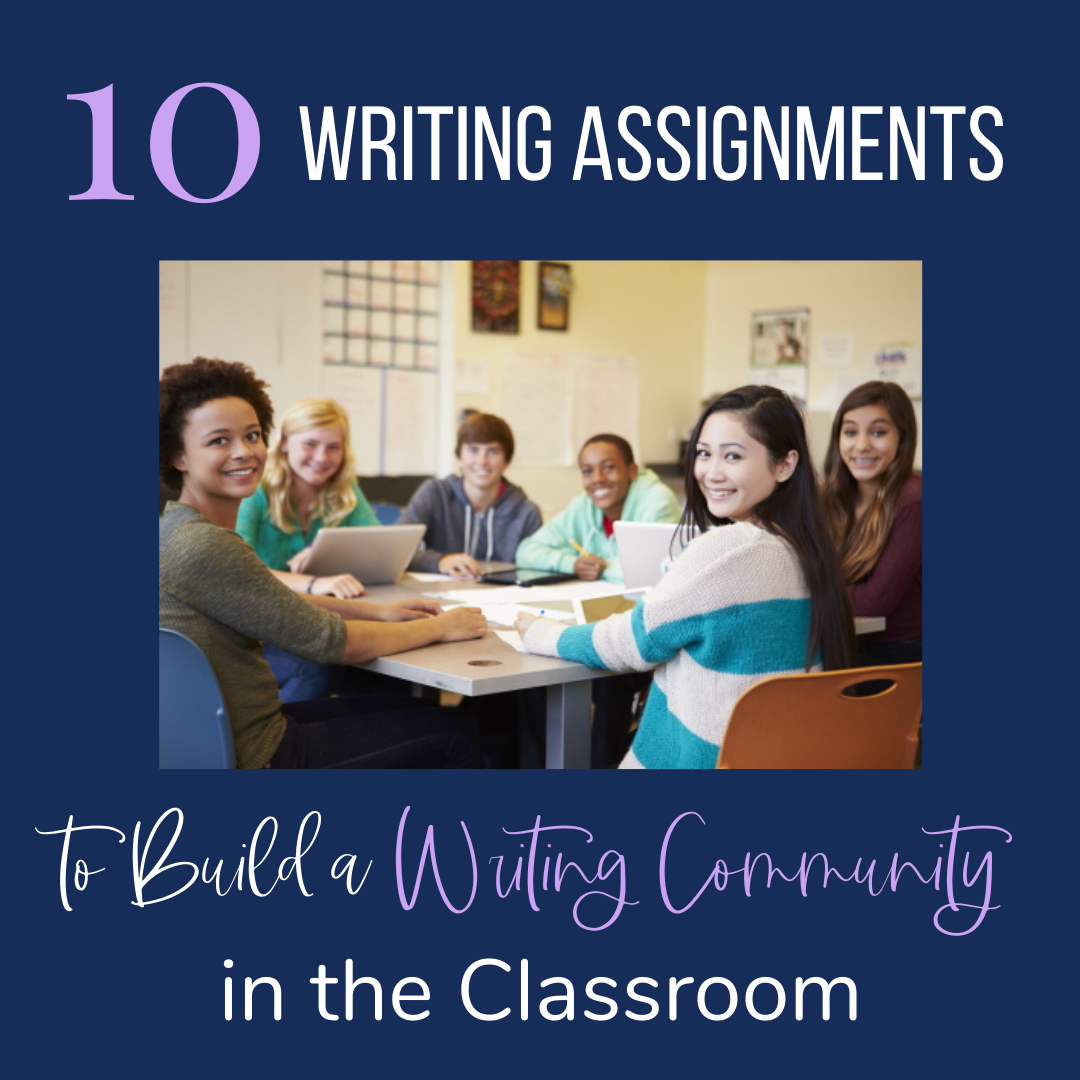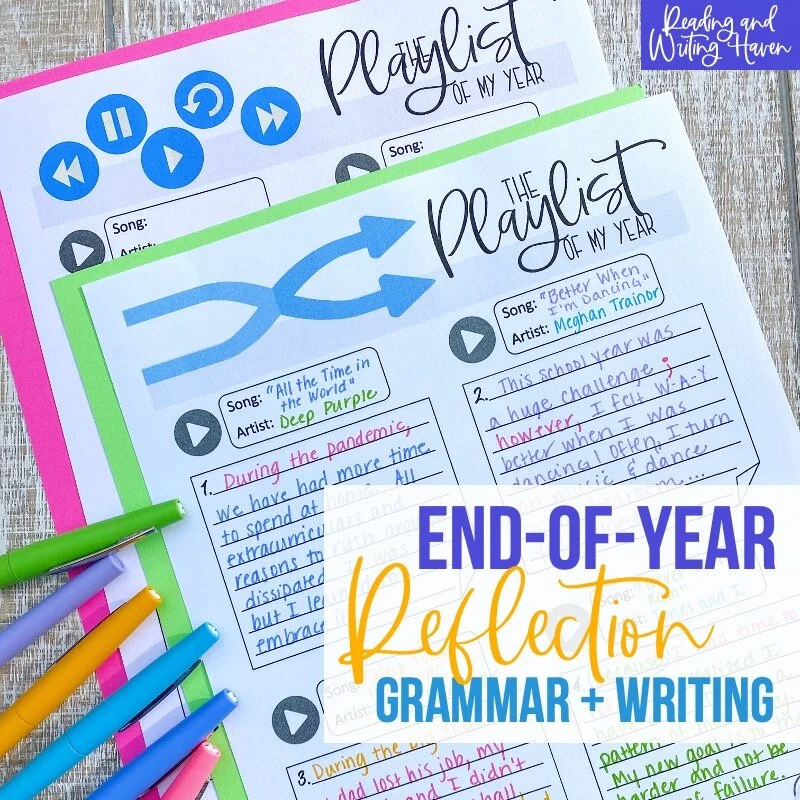As writing teachers, we can get so bogged down with meeting the demands of standardized testing and drilling our students on analytical writing skills that we can lose sight of the fact that writing can be FUN!
Read MoreAdd a little jazz to your writing lessons with these tips for using mentor texts during your lessons.
Read MoreWe know as English teachers that writing workshop is a foundational approach to writing instruction in the modern classroom. But if you’re like me, I am always searching for new tips, tools, and resources for implementing writer’s workshop— to make it more manageable for me as a teacher as well as more approachable for my students.
Read MoreTips for running writing workshop conferences in middle school and high school classrooms #WritingWorkshop #MiddleSchoolELA #HighSchoolELA
Read MoreA roundup of creative and engaging activities for middle school and high school ELA
Read MoreIt’s that time of year once again. School is back in session, and it’s time to take a new group of students through writing workshop to produce pieces of writing that target essential skills. Check out these ideas to get your students started with writing workshop this year!
Read MoreLaunching is about accomplishing two things: teaching routines and getting students excited to do the work of reading and writing. It’s that simple. In this article you’ll find five mini lesson topics that you can use to accomplish both of these goals.
Read MoreLooking for meaningful ways to have students practice using new vocabulary words in writing? Check out these 5 unique approaches to engage middle and high school learners. #VocabularyActivities #MiddleSchoolELA
Read MoreArgumentative writing is a cornerstone of writing across content areas. Essentially, all pieces of writing are an argument.
Read MoreThis article is meant for secondary teachers who are on the fence about whether to try reading and writing workshop in their class next year. Below you'll find ten convincing (I hope) reasons why you should definitely give workshop a chance!
Read MoreIt may come as a surprise to you that my favorite mini lessons are nothing fancy. Rather, they are lessons I tend to come back to again and again throughout the year because students desperately need them. They are lessons that focus less on content and more on behavior and the structure of writing workshop.
Read MoreHere is my personal definition of a writing chart: any information displayed in your classroom to support students in their endeavors as writers. Charts can be small, medium or big. They can be handwritten or typed. They can be written on whiteboards or paper. I believe charts can even be digital and posted in Google Classroom for at home reference!
Read MoreNot only is Secondary Sara an experienced middle school ELA teacher at a private school in Ohio, she is also a high school tutor (she started her own successful tutoring business), a coach of a creative writing team, and a teacher author and blogger. Here, she shares her top tips for motivating middle school writers.
Read MoreWe all want our writers to be readers. Reading and writing go hand in hand. But how to hook our students on books? For some, reading is a chore, or something they manage to avoid with a little help from their friends.
Enter, Brynn Allison.
Read MoreWriting goes all ways: forwards, backwards, sideways, over there, and over here. In fact, the only piece of the writing process that occurs at a set point in time is publishing.
Read MoreTeachWriting.org has announced a new writing workshop endeavor for the 2017-2018 school year. This year, the collaborators at TeachWriting are creating DAILY WRITING PROMPTS via their Facebook Page for English teachers in grades 6-12.
Read MoreCreative writing is the art of constructing original ideas by synthesizing literary elements and techniques to communicate an overarching theme about life. Oftentimes in our English classes, we spend more time on the deconstruction process, analyzing works of art by taking them apart.
Read MoreThe beginning of the school year is an important time to assess the writing skill levels of new students in our English classes. One way to do this is to assign a diagnostic essay in order to "diagnose" each student's writing level...
Read MoreMotivating struggling writers can be quite a challenge. With struggling writers, it is important to create high-interest assignments that students will want to work on, assignments that they will want to put forth the effort on in order to succeed. If struggling students are bored with a writing topic, they won’t be as invested in it and won’t want to put the time and effort in to make it the best it can be.
Read MoreSecondary ELA teachers can engage students in meaningful, purposeful writing activities at the end of the school year without burying themselves in grading and their students in hours of work -- it's true. Read on to be inspired.
Read More